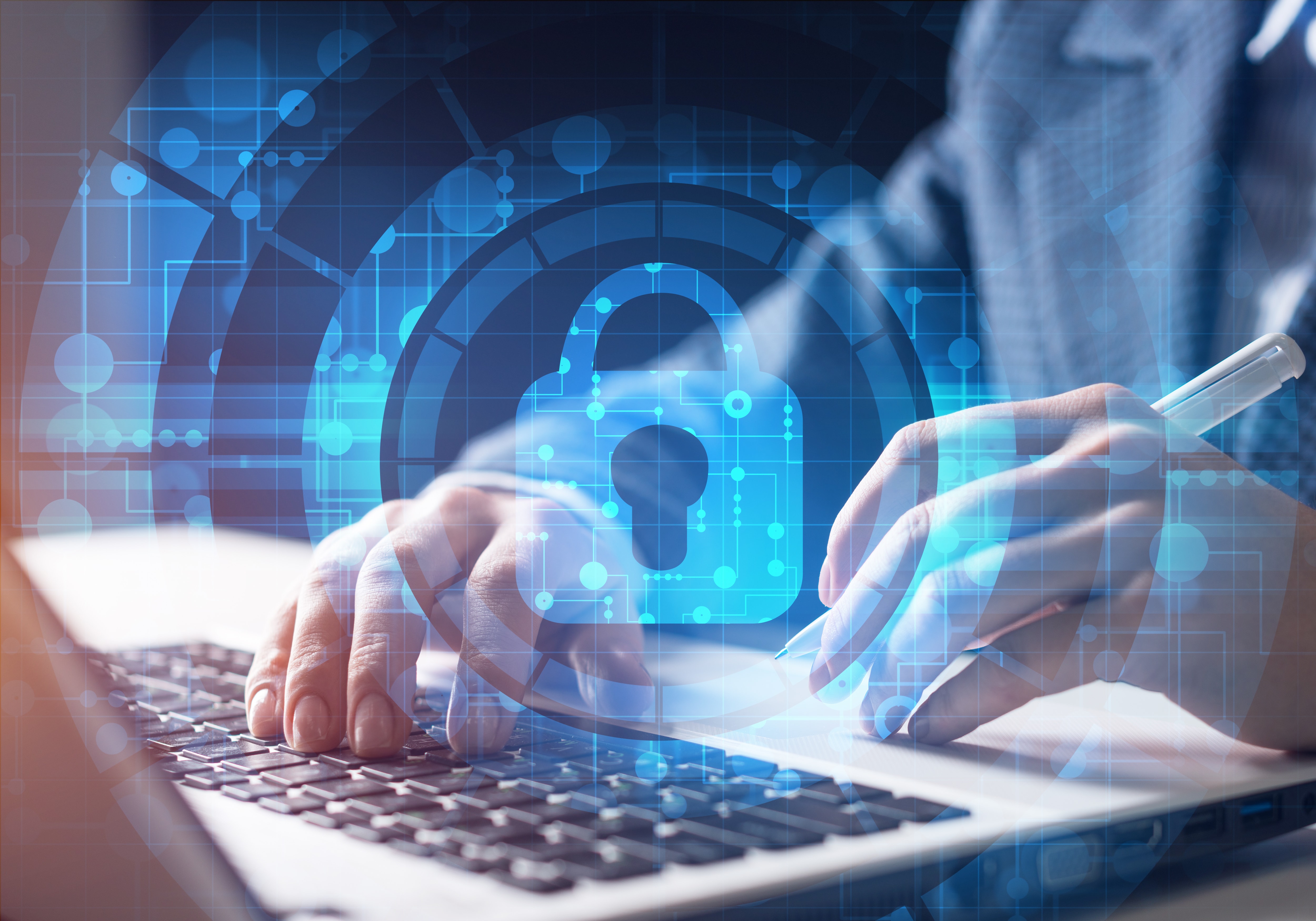Earlier this year, many companies made the decision to go remote because of the COVID-19 pandemic. While this decision may have been imminent as our society is becoming ever more digital, some companies made this switch quickly, which could leave them vulnerable in terms of cybersecurity.
Data breaches and cyberattacks are real issues that threaten businesses. As the pandemic emerged and has worn on, they are occurring even more frequently, as more and more people are working remotely and leaving businesses vulnerable. Any business can be a target for a cyberattack, even if you can’t think of something hackers may want from you. And, if your security is compromised, your customers might begin to lose faith in you. That’s why cybersecurity measures are incredibly important all the time, but especially right now.
As some businesses begin to reopen, some companies might be ending their remote abilities, but many are continuing to offer remote options to their employees for the foreseeable future. If you’re ready to improve your cybersecurity protection, we have tips for you to ensure your company is safe online for your employees and your customers.
How Remote Companies Can Strengthen Their Cybersecurity
Go Beyond Basic Security Features
One of the most important ways to increase your cybersecurity is by protecting your company from software hacking. Most cloud providers offer a basic level of security for their customers, so you aren’t entirely vulnerable. That said, many companies want to provide additional security measures to ensure their files, information and employees are safe. To do this, you can look into your Hardware Security Modules and ensure Secure Sockets Layer (SSL) keys are enabled and secured.
Train Employees
Believe it or not, one of the most important cybersecurity tips has little to do with technology. Instead, it’s about your personnel who will be logging into your system remotely. Even if you’ve already done some cybersecurity training with them, it’s probably a good idea to do it again and go more in-depth to address the new, current issues. This training should include basic information, like avoiding phishing emails, but also cover information that has become more important recently, like changing passwords frequently or ensuring they’re logging in from a secure internet connection.
Create a VPN
Having a virtual private network (VPN) is an excellent way to provide an additional layer of security. Here, your employees will log onto your network from home so they can access and save files directly within the company’s network. A VPN ensures that your staff will be able to complete their jobs in a secure manner and that any data they need to access is stored safely. Because it’s a credentialed service, you’ll know that only your authorized employees will be able to access it.
Antivirus Software
Whether your employees are using company-issued computers or personal devices, encourage them to install antivirus software. If you can provide it to them, that’s even better. By having antivirus software on their computers, they can better protect their devices and also your company’s data. The software can alert your employees to any potential problems or malicious documents they have, which can stop them from accidentally passing along an infected item.
While it’s important to remember that the changes that will come from this large increase in remote work will extend far beyond cybersecurity measures, many companies will likely emerge with stronger online security. This security can and should reach farther than just your company and its data.
Cybersecurity is important for all aspects of global IT, including rollouts and deployments of new systems and securing any new technology that’s being added to retail locations. As the world continues to grow more interconnected via the Internet, cybersecurity will continue to grow in importance.
If your business needs support from qualified field technicians to enhance your cybersecurity measures, then contact Kinettix. We provide a variety of remote services to help you respond to your customers’ and employees’ needs — no matter where you are in the world.




.jpg)
.jpg)
